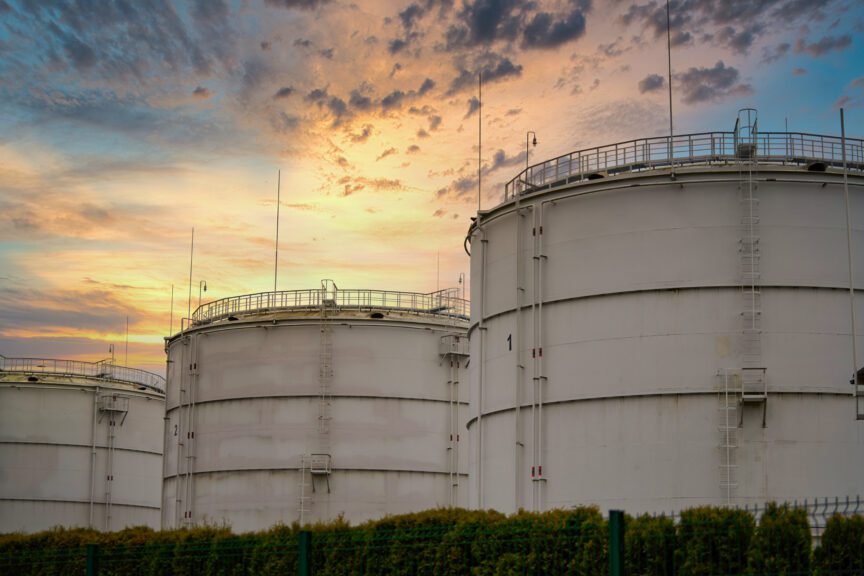Staff Blog
Filters
Delays in California’s LCFS revisions are an opportunity to improve
Using the time made available by a delay in revisions to add guardrails such as a cap on lipids and greater restrictions on the crediting and deliverability of biomethane would help align the LCFS with California’s climate goals.

Aligning the IMO’s Greenhouse Gas Fuel Standard with its GHG strategy and the Paris Agreement
Explores how the GHG Fuel Standard (GFS) can be designed to align with the International Maritime Organization’s (IMO) GHG strategy and the Paris Agreement.

How Treasury’s recent guidance on the sustainable aviation fuel tax credit punted on which LCA methods are fit for takeoff
U.S. Treasury’s recent guidance provides little clarity on how life-cycle greenhouse gas (GHG) emissions will be calculated for different SAFs, and here are three upcoming decisions to look out for.

Cover crops: A cover story for business-as-usual biofuels
Cover crops seem like a low-carbon solution for meeting the demand for alternative fuels. However, alternative uses for cover crops need to be taken into account.
For Canada’s Clean Fuel Standard, not all wood is good
Although the solid fuel pool is expected to be the smallest contributor to the proposed Clean Fuels Standard’s broader target, its implementation could have a substantial effect on the climate impact of the program overall.

Germany’s RED II implementation plan supports the country’s ambitious climate goals
The German Ministry of the Environment’s proposal goes beyond the Directive’s requirements to limit certain biofuels.

On alternative fuels, the House Climate Crisis Action Plan doesn’t think big enough
The proposed low-carbon fuel standard, although well-intentioned, may double down on past mistakes

Your frying pan is an untapped well of biodiesel potential
What’s driving the growth in used cooking oil collection, and how high can it go?
Will someone please tell me if biofuels are good or bad for the environment?
Biofuels are confusing because they’re complicated, and they’re complicated mainly because of indirect effects.
Kein cap? There’s more than meets the eye with the EU’s waste fats and oils limit
Amending Germany’s ban on animal fats in its advanced fuel policy could bring considerable unintended consequences.
A seemingly innocuous cellulosic biofuel pathway
Though corn kernel fiber is nominally a “waste” product, when diverting it to make cellulosic ethanol, how it is removed can significantly influence the final climate impact.
The European Commission serves up real limits on palm biofuel
European Commission’s revised delegated act will significantly reduce, but not eliminate, the amount of palm oil used in biofuel in the EU
